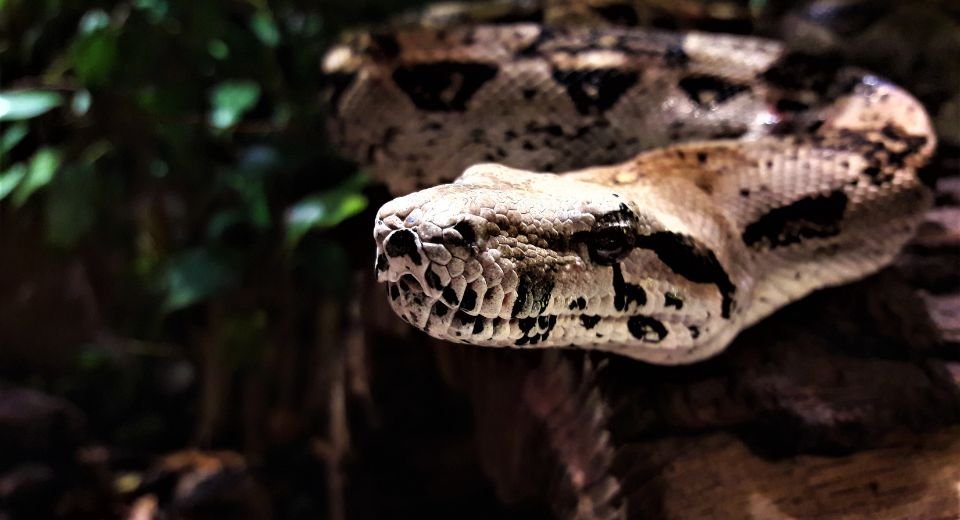HQ Team
January 30, 2023: The number of people affected by neglected tropical diseases (NTDs) has fallen by 80 million between 2020 and 2021, a WHO report stated.
According to the Global report on neglected tropical diseases 2023, as of December 2022, 47 countries had eliminated at least one NTD and more countries were achieving this target.
Although as many as 179 countries and territories reported at least one case of NTDs in 2021, 16 countries accounted for 80% of the global NTD burden. Around 1.65 billion people were estimated to require treatment for at least one NTD globally.
Neglected tropical diseases are a diverse group of 20 conditions mainly prevalent in tropical areas—various pathogens, including viruses, bacteria, parasites, fungi and toxins, cause NTDs.
Lifelong social stigma
These diseases cause devastating health, social and economic consequences, and when they aren’t deadly, they often cause lifelong social stigma and financial hardship.
The NTDs includes Buruli ulcer, Chagas disease, dengue and chikungunya, dracunculiasis, echinococcosis, foodborne trematodiases, human African trypanosomiasis leishmaniasis, leprosy and lymphatic filariasis.
Other conditions in the list are mycetoma, chromoblastomycosis and other deep mycoses, onchocerciasis, rabies, scabies and other ectoparasitoses, schistosomiasis, soil-transmitted helminthiases, snakebite envenoming, taeniasis/cysticercosis, trachoma, and yaws.
“NTDs continue to disproportionately affect the poorest members of the global community, primarily in areas where water safety, sanitation and access to health care are inadequate,” according to the report released on January 30.
The Covid-19 pandemic had a “significant impact” on community-based interventions, access to health facilities, and supply chains for healthcare products. This has led to 34% fewer people receiving treatment for NTDs between 2019 and 2020.
900 million treated
A general resumption of activities enabled an 11% increase in recovery in 2021 when approximately 900 million people were treated.
A week ago, WHO and Gilead Sciences signed a new agreement to donate 304,700 vials of AmBisome (liposomal amphotericin B for injection) for the treatment of visceral leishmaniasis in countries most impacted by the disease, extending their previous agreement to 2025.
The new three-year collaboration is estimated at US$ 11.3 million and provides financial support to WHO.
“Around the world, millions of people have been liberated from the burden of neglected tropical diseases, which keep people trapped in cycles of poverty and stigma,” said Dr Tedros Adhanom Ghebreyesus, WHO Director-General.
“But as this progress report shows, we still have a lot of work to do. The good news is we have the tools and the know-how not just to save lives and prevent suffering but to free entire communities and countries of these diseases. It’s time to act now, act together, and invest in NTDs.”
